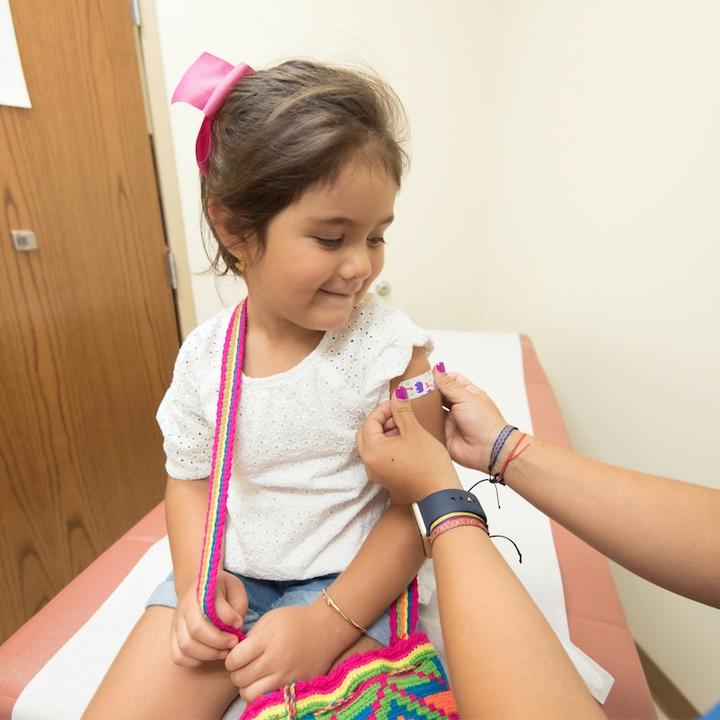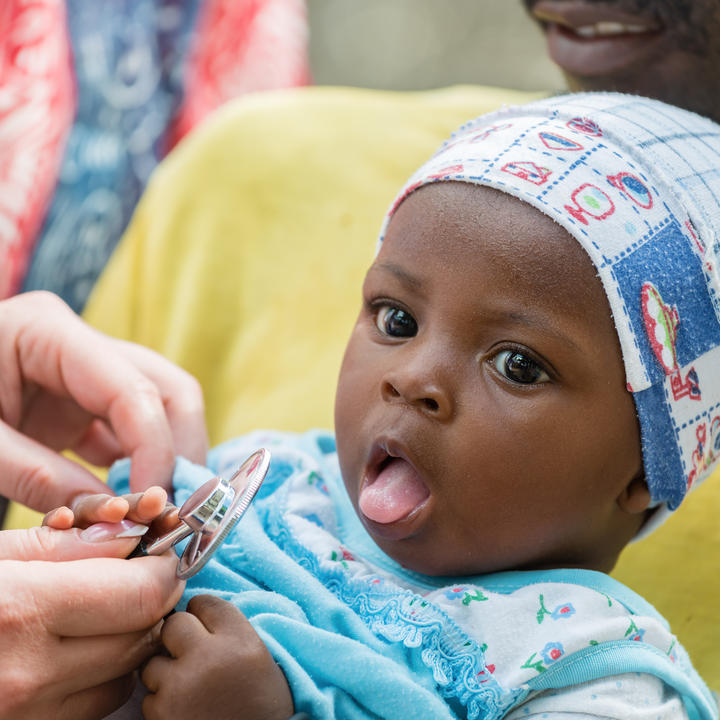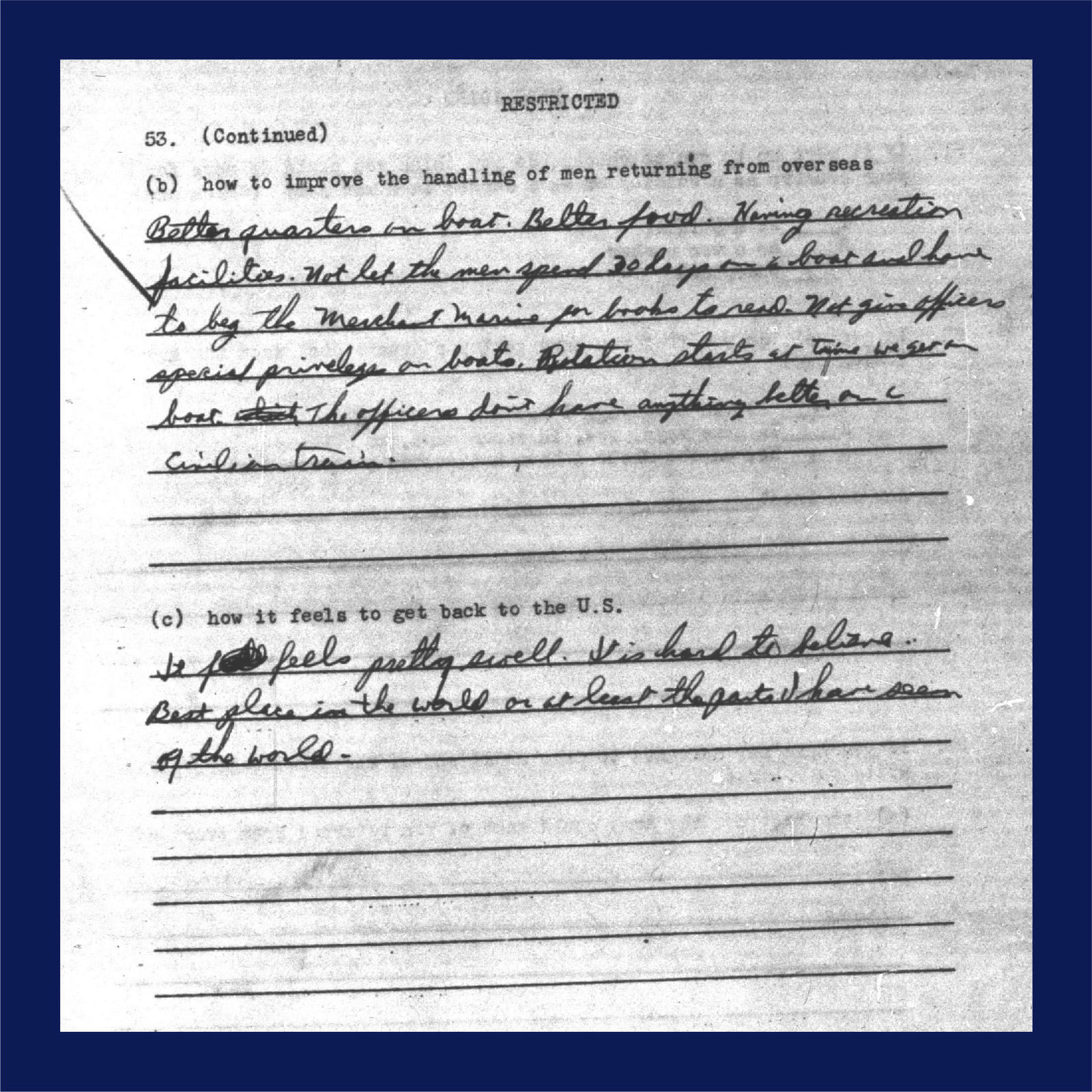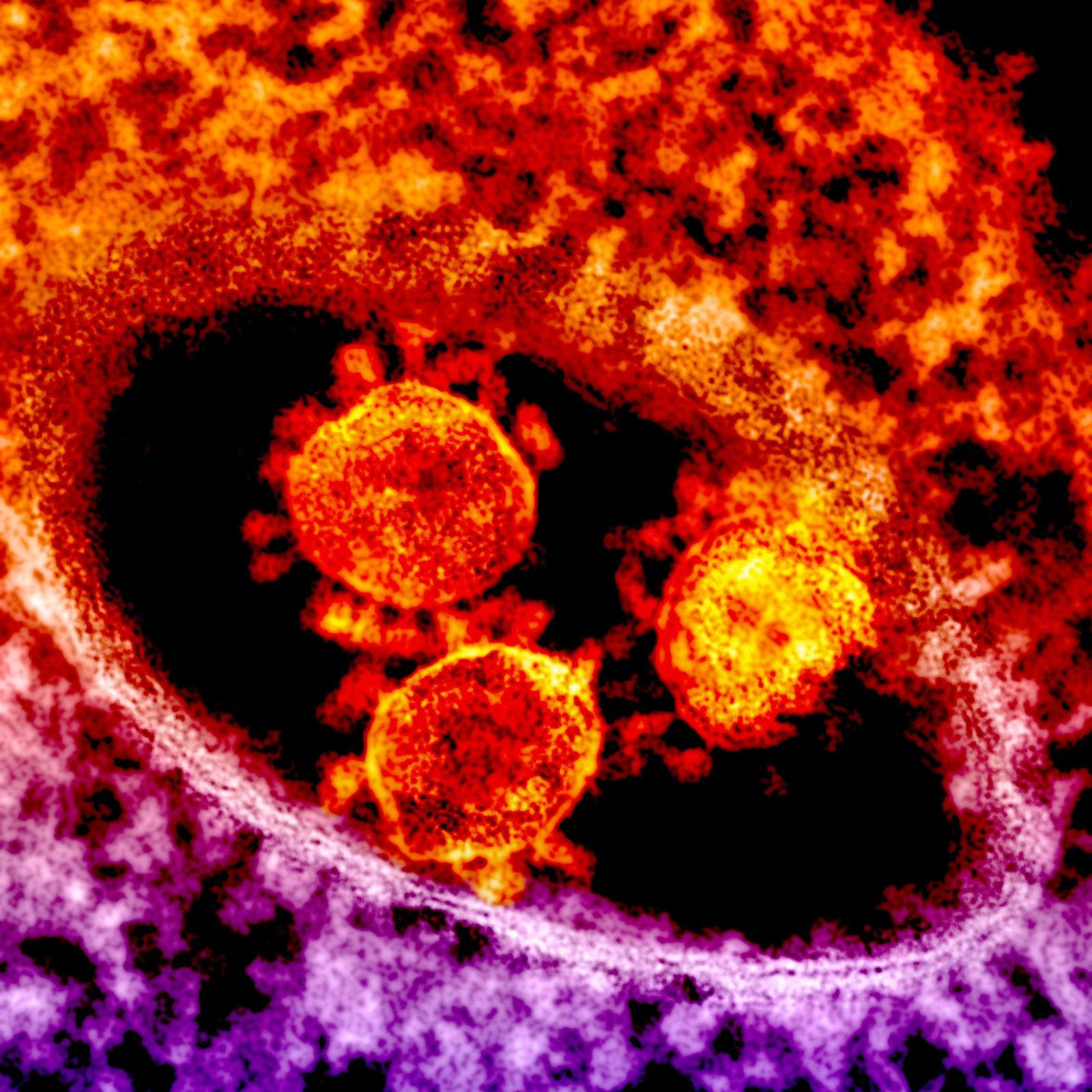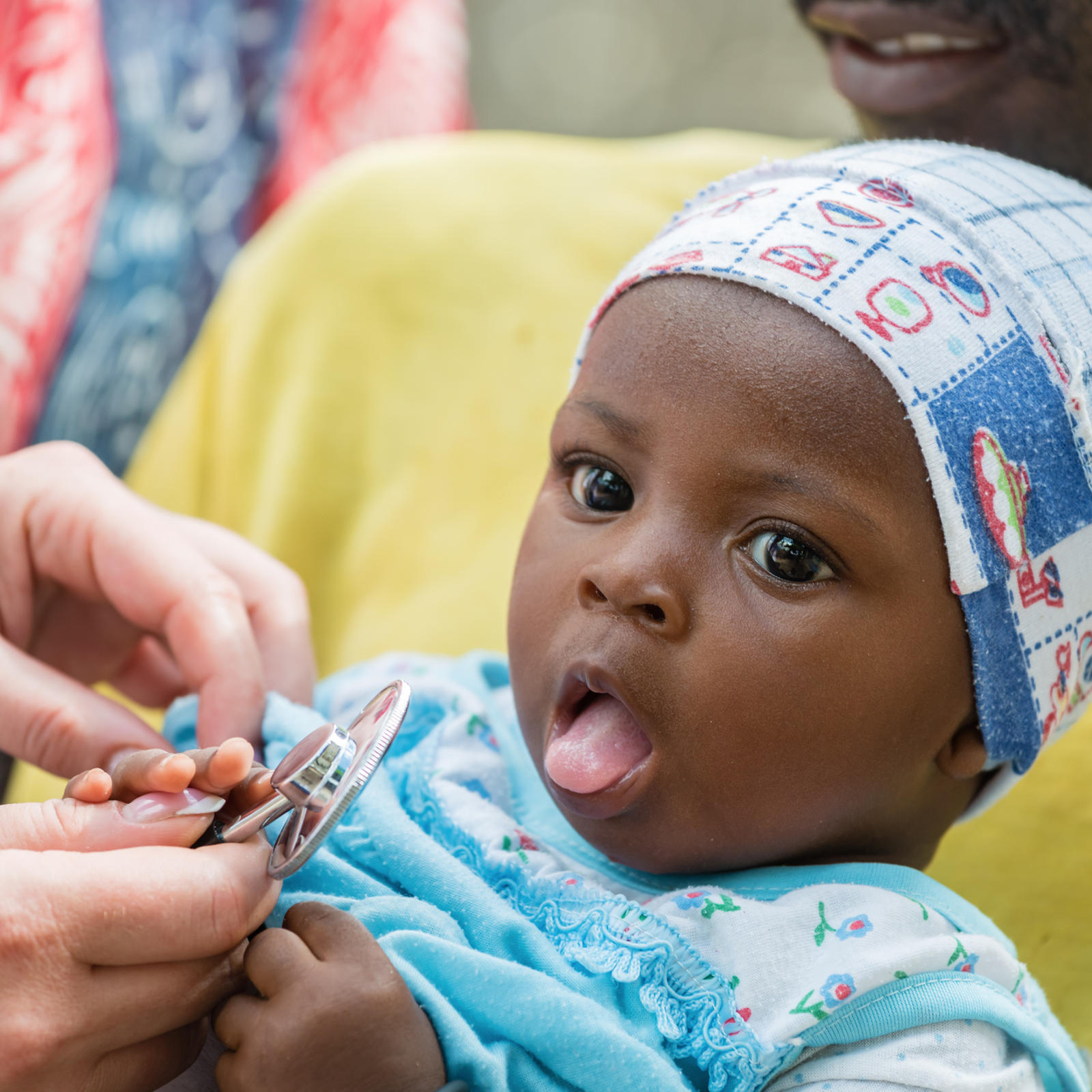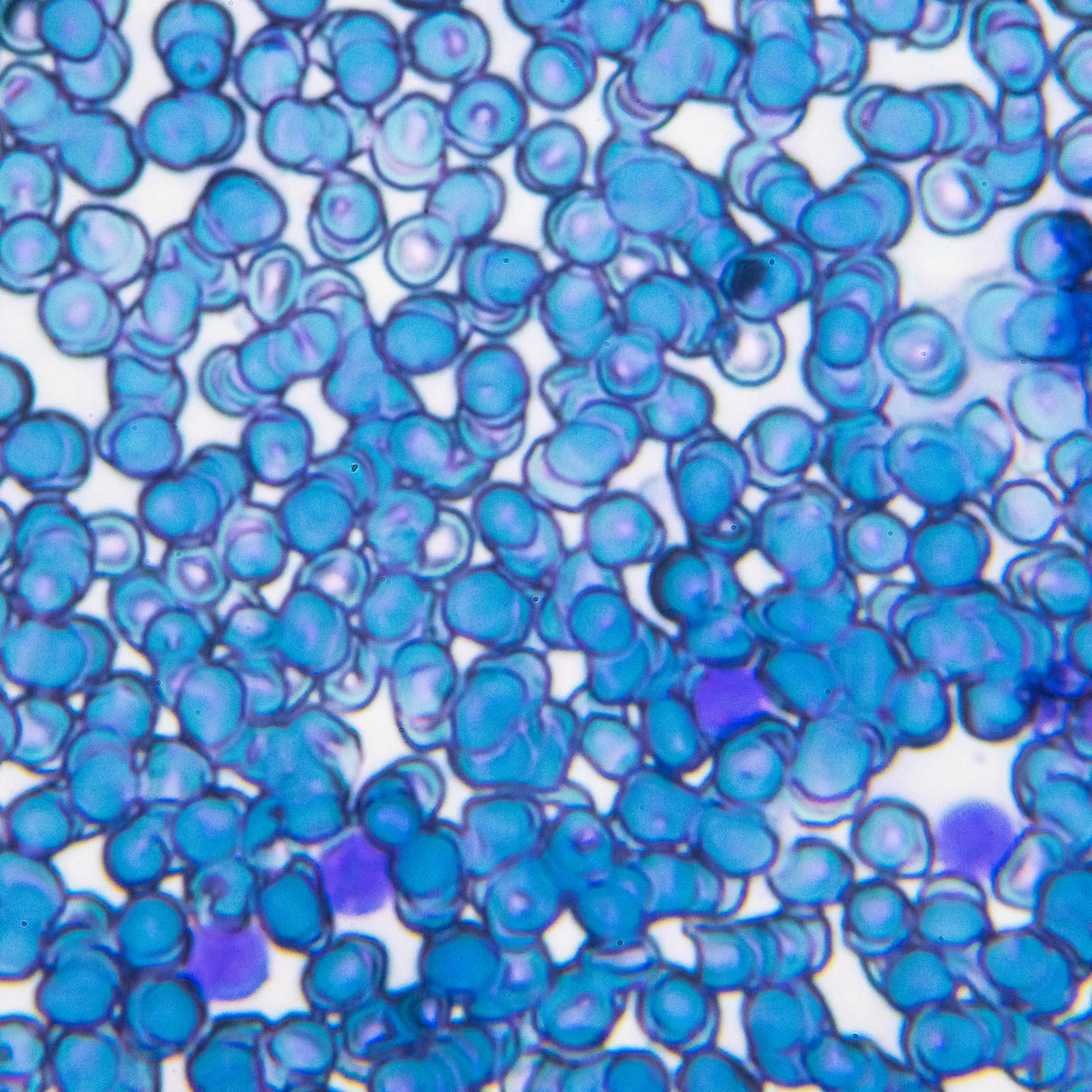Research Projects
All Projects
Our project aims to measure the development of U.S. Army Soldiers over the lifecycle of their careers. We seek to develop new methods and models to support the adoption of enhanced talent management approaches that lead to optimal performance.
Past Project
During World War II, the U.S. Army conducted surveys to reveal attitudes toward, and between Black and White Soldiers. These responses hold insights regarding attitudes about race, gender, and family roles of the time. Our research team used computational text analysis and social network analysis of handwritten responses to learn about the dynamics and language of soldiers in the 1940’s.
In 2004, NIH/NIAID initiated the Bioinformatics Resource Centers for Infectious Diseases program. It provides public access to computational platforms and analysis tools that enable the collecting and integration of genomics and related research data relevant to infectious diseases, pathogens, and their interaction with host organisms. The Bacterial and Viral Bioinformatics Resource Center (BV-BRC) is utilized in this program.
Behavioral and Environmental Sensing and Intervention for Cancer (BESI-C) is a Smart Health sensing system created by engineers and clinicians at the University of Virginia designed to monitor, predict and manage cancer pain in the home setting. Managing cancer pain at home can be stressful and challenging, but BESI-C offers a user-friendly and non-invasive solution.
Past Project
We are studying the spread of invasive plants in the Chitwan Annapurna Landscape (CHAL) of Nepal, which is part of a biodiversity hotspot. This problem of invasive species is an impediment to the achievement of multiple sustainable development goals drafted by the United Nations. CHAL has a rich diversity of flora and fauna, which is unfortunately threatened by the combined effects of climate change and increased human activities.
The Broad One Health Endectocide-based Malaria Intervention in Africa (BOHEMIA) project aims to reduce malaria transmission by administering ivermectin to humans and livestock. Ivermectin is an endectocide drug with an excellent safety profile that can kill ecto- and endoparasites, as well as mosquitoes that feed on treated humans or animals.
The major goal of this project is to design, build, verify, and deploy an open-access general-purpose CI for network science, which we call net.science.
The SIF-funded program proposes planning and response strategies to contagious phenomena (e.g. infectious disease outbreaks, network contagion, et al) as a complex system big science problem.
The overall goal of this project is to develop methods for prediction of incidence rates and patient risk to HAIs and evaluate interventions to control their spread. The mechanisms of HAI transmission and antimicrobial resistance are very complex, and the available data are sparse and noisy. Therefore, risk prediction and evaluation of interventions cannot be done by simple statistical models restricted to one hospital.
The National Resource for Mechanistic Modeling of Cellular Systems will offer deep insights into mechanisms by which cells function and the cellular basis of disease through its computational modeling, enabled by the Complex Pathway Simulator (COPASI) and Virtual Cell (VCell) technologies. Projects by our user base focused on cancer, neurological disorders, diabetes, kidney disease, cardiology, and aging, all utilize mathematical models developed through VCell and COPASI.

